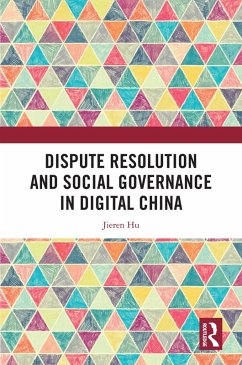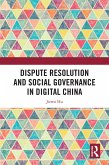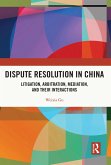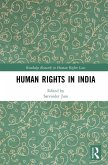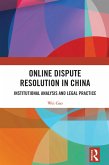The author argues that when rightful control relies more on means beyond law and policy, it not only fails to construct an image of a responsible state but also leads to the counterproductive result of creating new conflicts that may bring social instability and threaten regime legitimacy. The study explains why digital technology could only perform a limited role in strengthening social control, which adds a new dimension to state-society relations in China from the perspective of digital governance.
The book will attract researchers and students studying law, political science, and sociology, and government personnel who focus on digital governance.
Dieser Download kann aus rechtlichen Gründen nur mit Rechnungsadresse in A, B, BG, CY, CZ, D, DK, EW, E, FIN, F, GR, HR, H, IRL, I, LT, L, LR, M, NL, PL, P, R, S, SLO, SK ausgeliefert werden.
Chloé Froissart, Professor of Political Science at Inalco
"Using rigorous empirical methods, Prof. Jieren Hu in this book explores the ever increasing role of digital technologies in the governance of China. This study will be of value to anyone interested in the social and governmental power of digital technologies, in China and throughout the world. "
Joshua Mauldin, Center of Theological Inquiry, Princeton, New Jersey

